More than a thousand people have died in the ongoing clashes between government forces and supporters of the ousted President Bashar al-Assad, as reported by the Syrian Observatory for Human Rights. This is one of the most severe waves of violence in Syria in the past decade. Reports indicate that nearly 750 civilians are among the victims, most of whom were shot at close range. Additionally, 125 government soldiers and 150 Assad loyalists have lost their lives. As a result of the fighting, electricity and drinking water supplies have been cut off in the Latakia region.
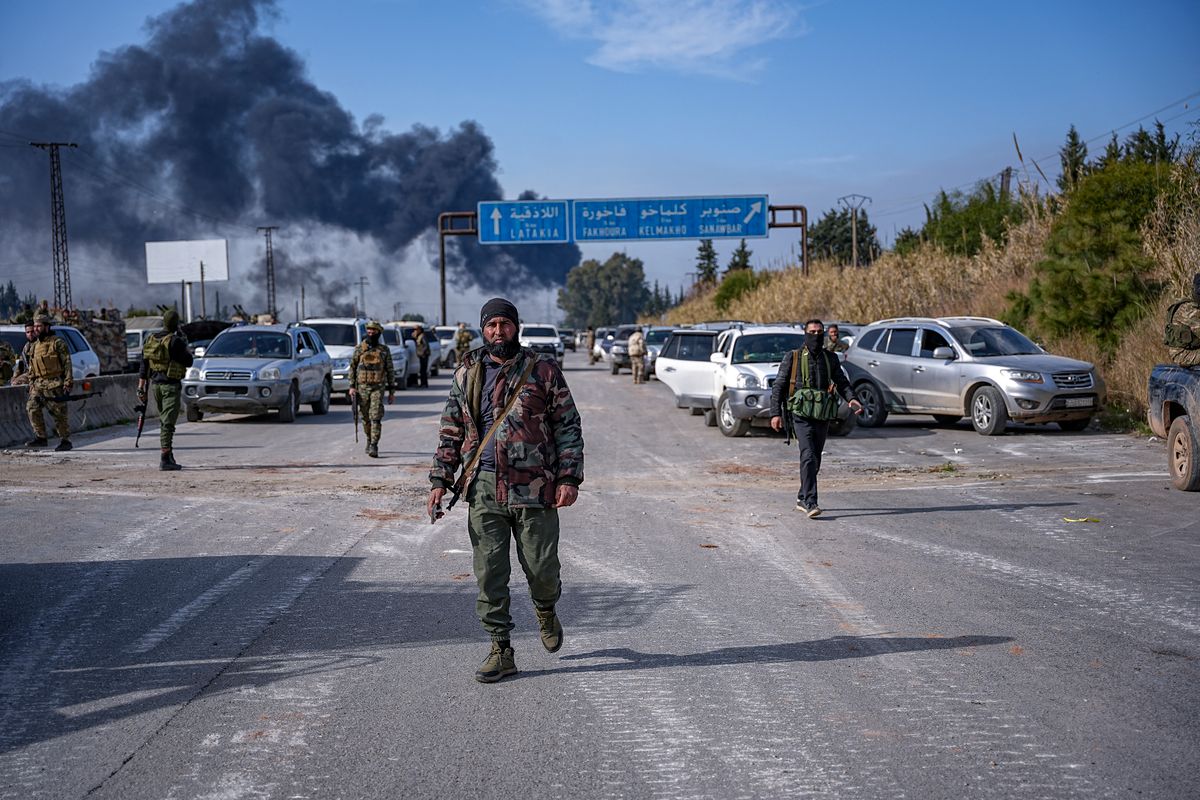
Syria's new leadership shows no mercy to supporters of the old regime
Robert C. Castel stated that this surge of violence was predictable:
Anyone who thought that the new Syrian regime would bring an end to the blood-soaked era of previous years in white gloves either has no historical memory or has read too many UN reports. The new power did not promise a clean slate for everyone but carefully determined who should lower their heads and who should not.
According to the expert, the general amnesty announced by the Damascus leadership is far from being a true pardon for all.
In the first round, former conscripts, enlisted soldiers, and reservists were given the opportunity to return to the system with a mere shrug. Those without a name, political ambitions, or blood on their hands that could be documented were not worth the regime’s trouble,
he pointed out.
However, the situation is entirely different for those who were the actual cogs of the previous system.
High-ranking officials, military commanders, intelligence officers, political leaders, and anyone else who knows too much and has too much blood on their hands—well, the regime had something different in store for them,
Castel stated.
The new leadership quickly made it clear that these individuals could not expect amnesty—unless they voluntarily reported to an execution squad.
In the official narrative, the new government considers the finding and punishing of war criminals and human rights violators a national priority.
The regime has even offered monetary rewards for information leading to their capture—after all, one of the key pillars of a stable power is a loyal network of informants,
he added.
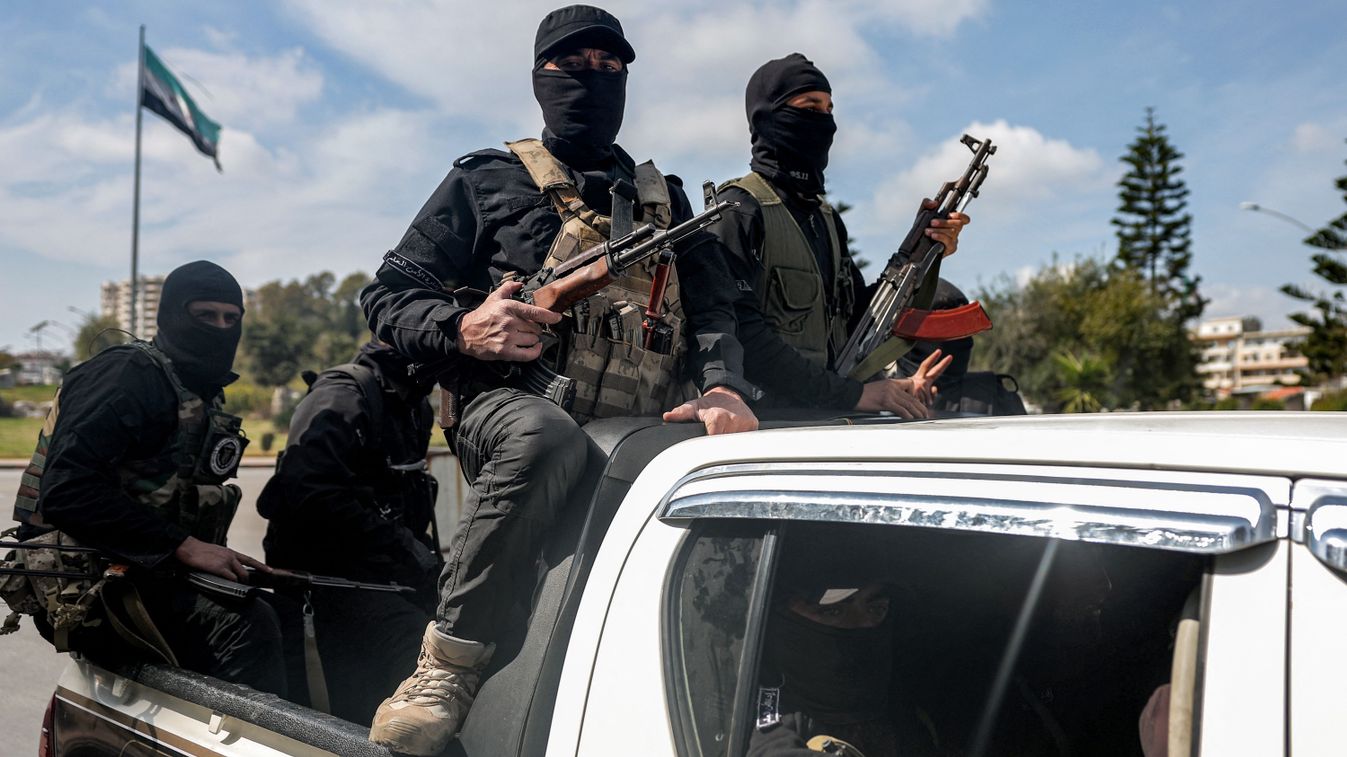







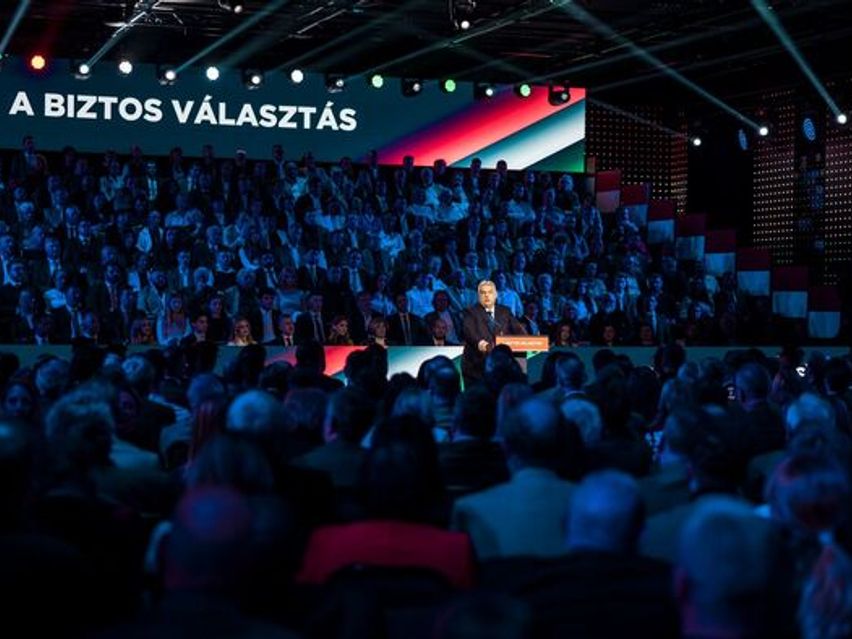






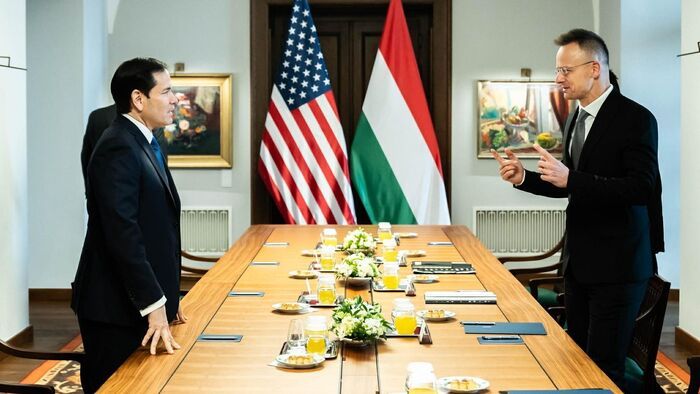
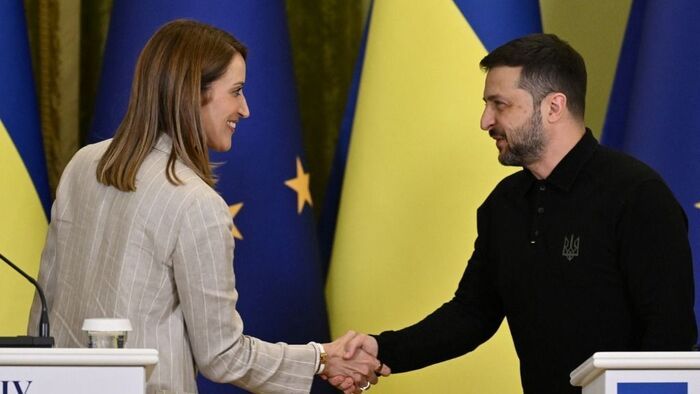
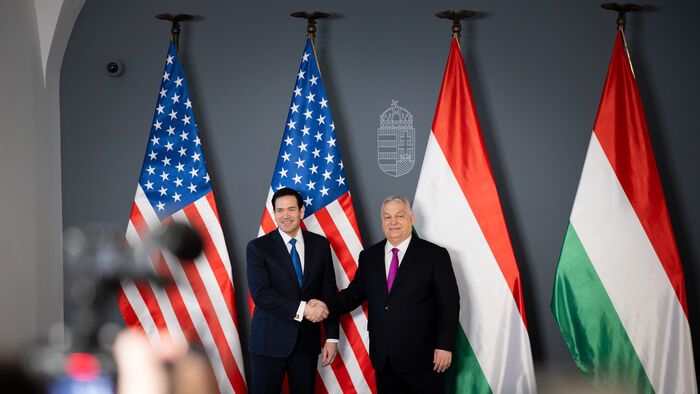





Szóljon hozzá!
Jelenleg csak a hozzászólások egy kis részét látja. Hozzászóláshoz és a további kommentek megtekintéséhez lépjen be, vagy regisztráljon!